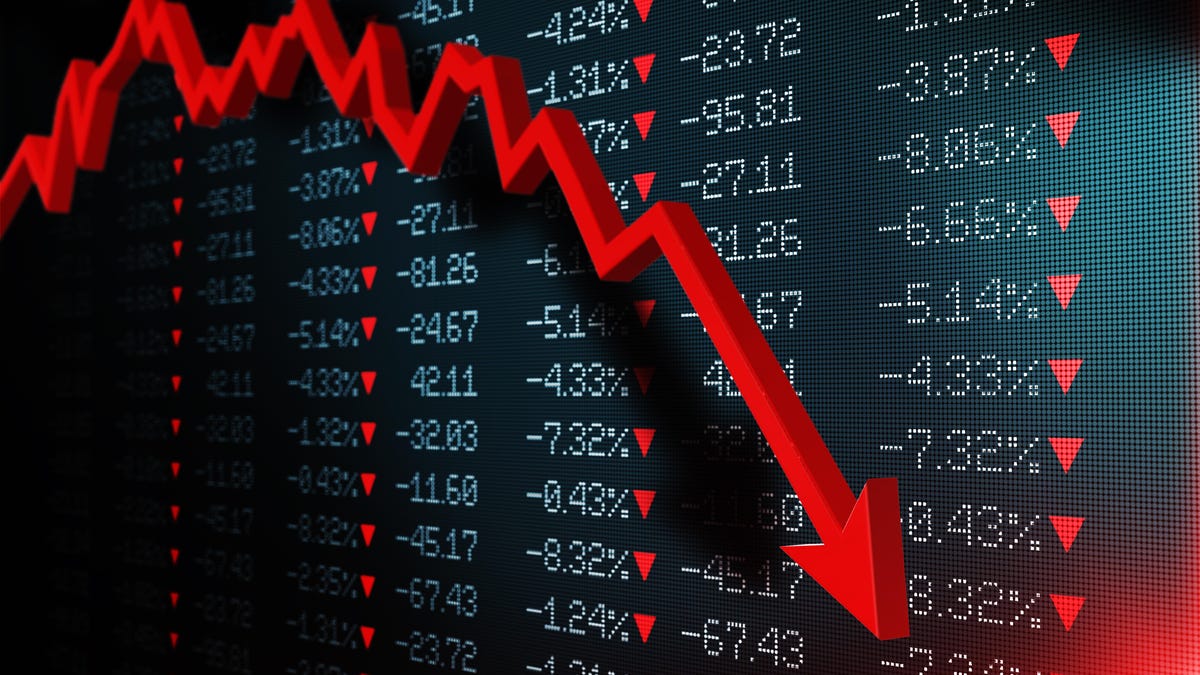The government of Pakistan has warned of further inflation and economic slowdown, blaming the delay in finalizing a deal with the International Monetary Fund (IMF) for causing economic distress in the country. In its monthly economic outlook report, the finance ministry’s economic adviser wing stated that political instability was feeding strong inflationary expectations. The report revealed that the total cost of the Prime Minister’s free wheat flour subsidy was almost PKR 100 billion, with Punjab allocating PKR 64 billion and Khyber-Pakhtunkhwa allocating PKR 19.7 billion.
The report warned that inflation in March may remain high, with market expectations of it reaching 36%, due to a range of negative measures. A conservative internal assessment by the finance ministry suggested an inflation rate of around 34% in March. The report stated that even the contractionary monetary policies were not helping to contain inflation, and that inflation is expected to remain at elevated levels owing to market frictions caused by the relative demand and supply gap of essential items, exchange rate depreciation, and recent upward adjustment of administered prices of petrol and diesel. The report further stated that the bulk buying during Ramadan may cause demand supply gap, and result in the prices of essential items escalating.
The government of Punjab has allocated PKR 64 billion for providing three free flour bags of 10kg each to 15.8 million households falling in poverty, while Khyber-Pakhtunkhwa has allocated PKR 19.7 billion to provide three wheat flour bags of 10kg amongst its 5.8 million households.
According to the monthly outlook report released by the economic adviser wing of the finance ministry, Pakistan’s economy is expected to continue its slowdown due to the accelerating inflation rate, lack of industrial dynamism, and negative growth in exports and imports. The report states that the Monthly Economic Indicator (MEI), which is used to predict the economic growth rate based on past and current indicators, has further slowed down in recent months.
The report indicates that the MEI has been in negative territory since the beginning of the fiscal year, and if no improvement is witnessed in the remainder of the fiscal year, the country may not see any growth this year. The MEI is used as a tool to forecast GDP growth for the fiscal year in which national accounts are not yet available.
Read More: Pakistan Removed from EU’s List of High Risk Third Countries
Furthermore, the report highlights that large scale manufacturing (LSM) is expected to remain negative in February, with monthly LSM remaining positive. The LSM sector has been under immense pressure and has witnessed a contraction of 4.4% during the July-January period due to supply chain disruptions, a synchronized policy stance to correct imbalances, and recessionary global pressures. The auto industry has also suffered due to rising input prices, import restrictions, and tightening auto finance.
The report paints a bleak picture of the economy, with the inflation rate continuing to rise and eroding the purchasing power of consumers and investors. The negative growth in exports and imports has also contributed to the country’s economic distress. The government has been struggling to revive the $6.5 billion IMF program, and its missteps, such as the petrol subsidy and attempts to directly borrow from commercial banks, have further complicated matters.
The report concludes by stating that the delay in finalizing the IMF program has exacerbated economic uncertainty and strengthened inflationary expectations. The government has announced a Ramzan package to provide free wheat flour to those impacted by inflation, and various provinces have allocated funds to provide subsidies to households falling below the poverty line.



























